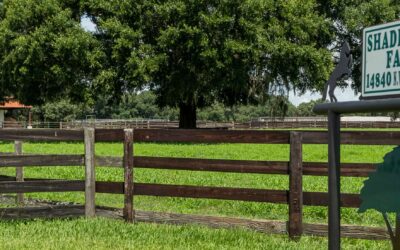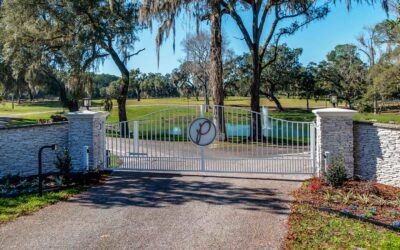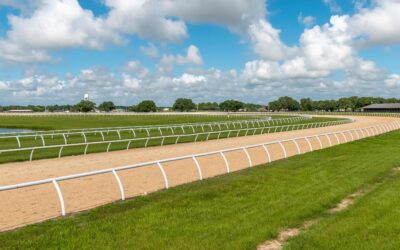
“Take care of the horses, and they’ll take care of you”, was Rice’s straightforward philosophy. It’s a simple premise. It kept him focused, ultimately developing the passion of a modest and curious schoolteacher into what ultimately became a successful, prosperous family business.
And that’s even before you see the main house.
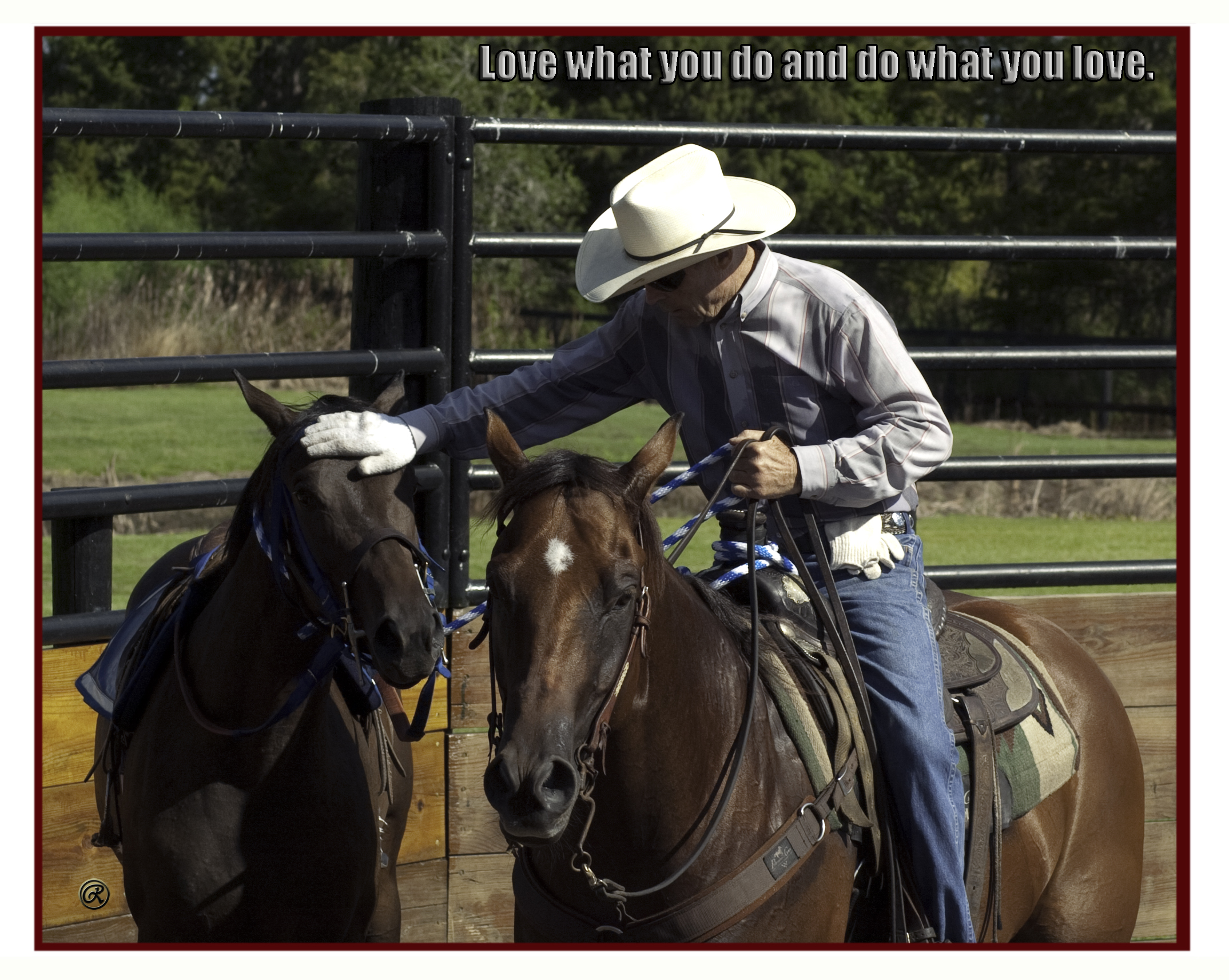
Photo credit: Louise E. Reinagel
Rice and his wife Jean bought Indian Prairie Ranch, with its two-story, five-bedroom home in 1986. It was the realization of a dream for both of them, to finally put down stakes, make a permanent home for themselves and their children, and create a top-notch training facility where Clyde could raise and develop his own stock, as well as offer training for other owners.No small task for a singular property.
When he first started out, funds were limited – but he understood horses: How to establish a relationship, how to break them and train them. Even when he taught school in Wisconsin, his son remembers his father always working with horses in the backyard. It was simply something that came naturally for Clyde, and he passed that passion on to his children. All the Rice kids had horses to ride growing up, and endless trails and fields to explore.
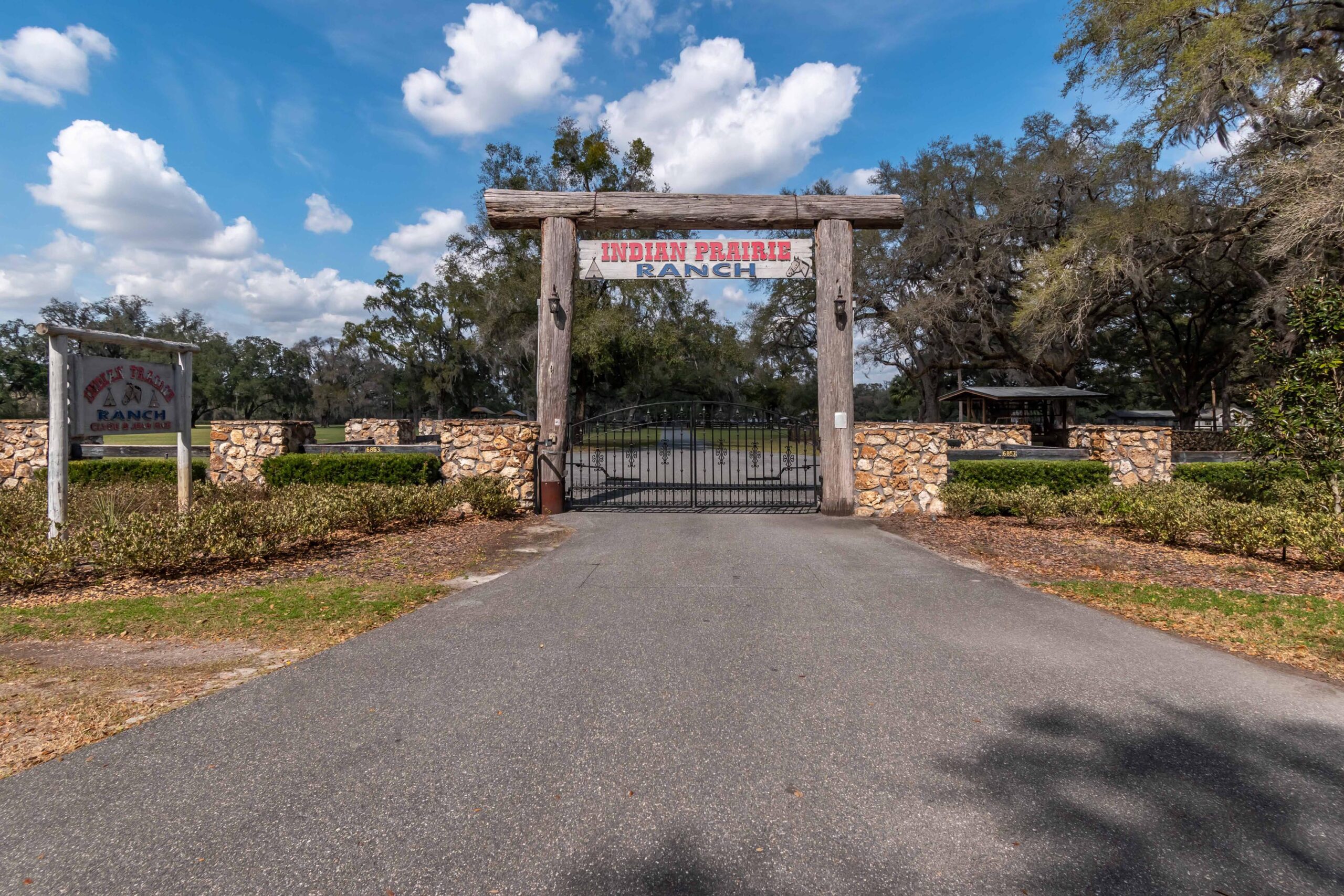
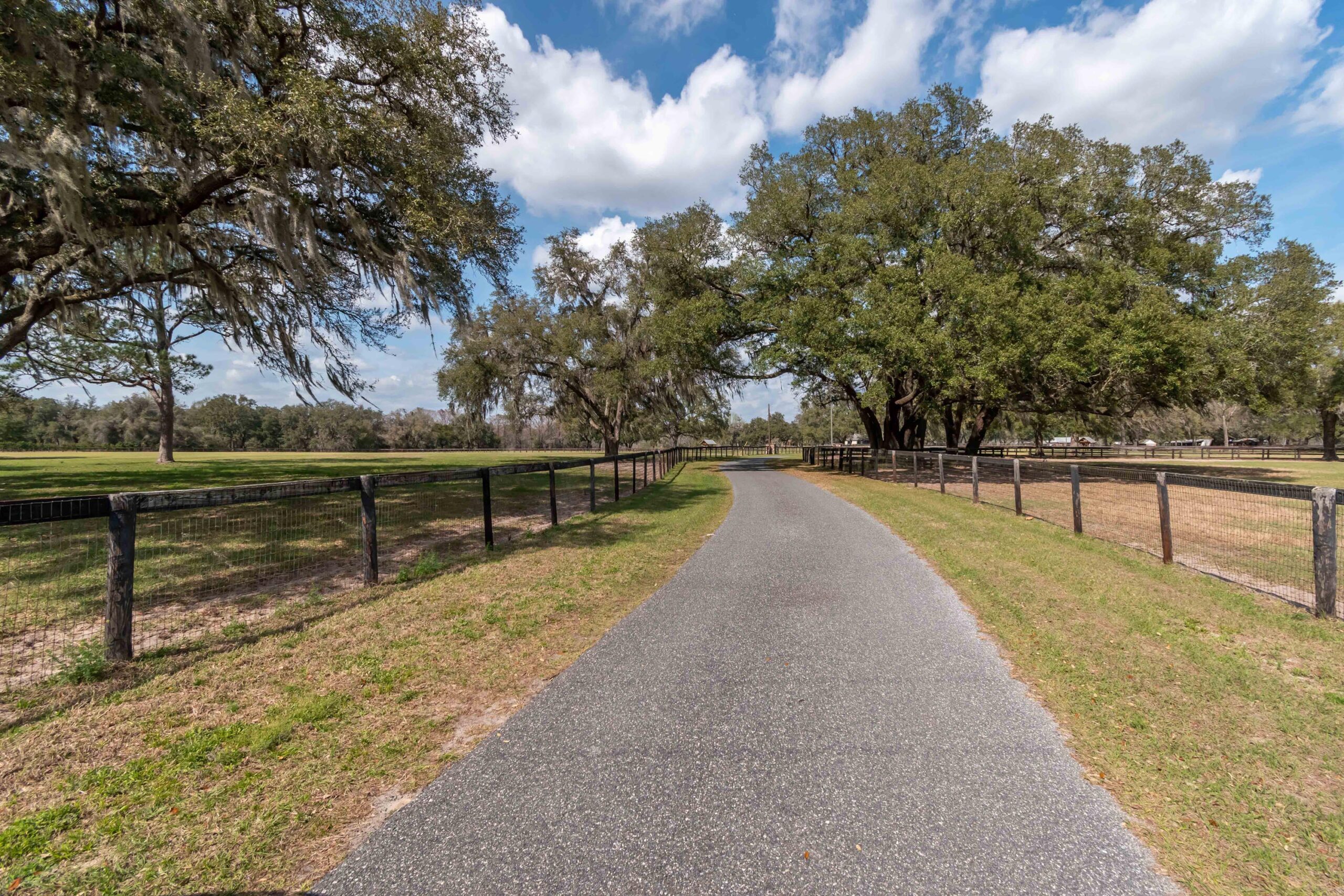
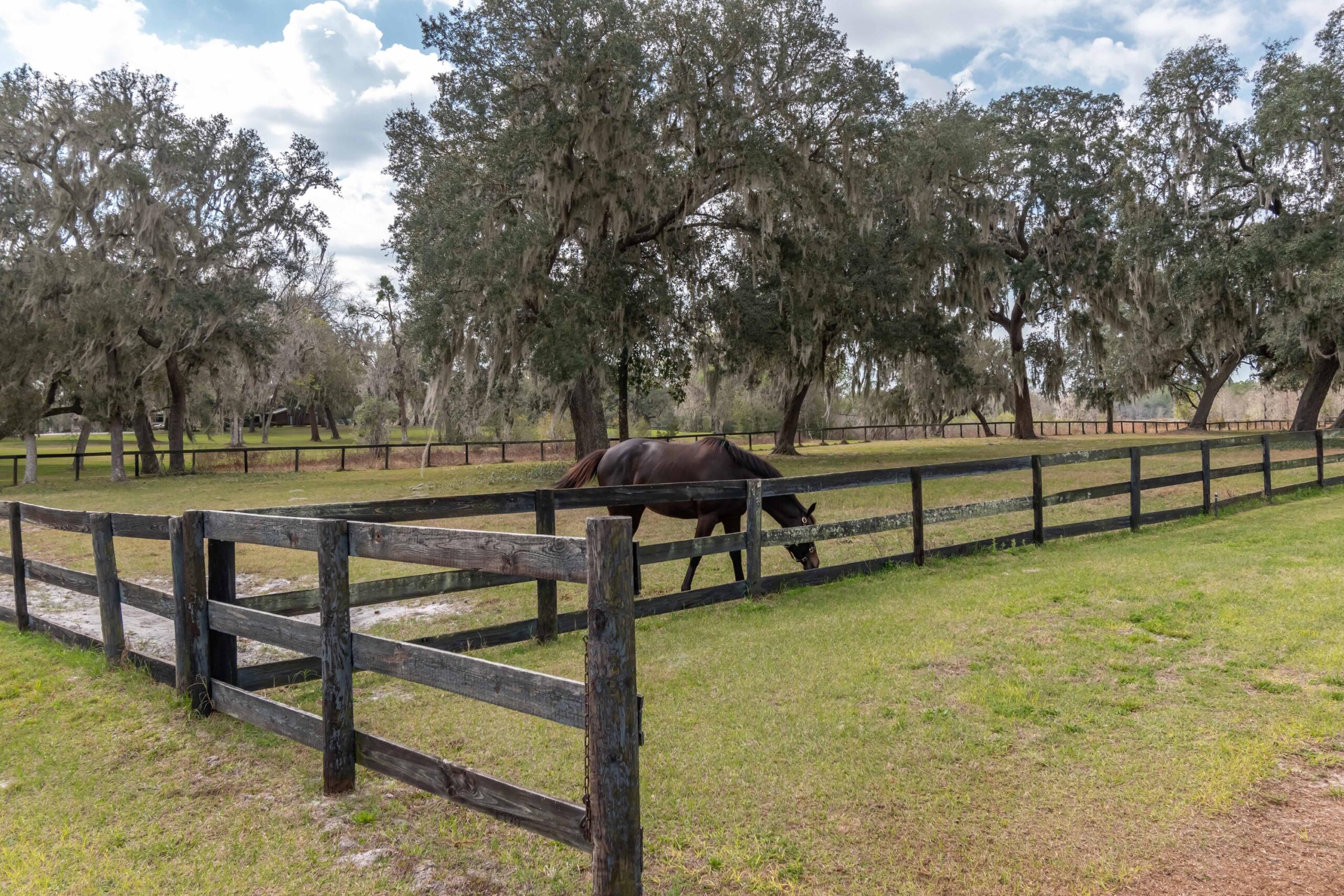
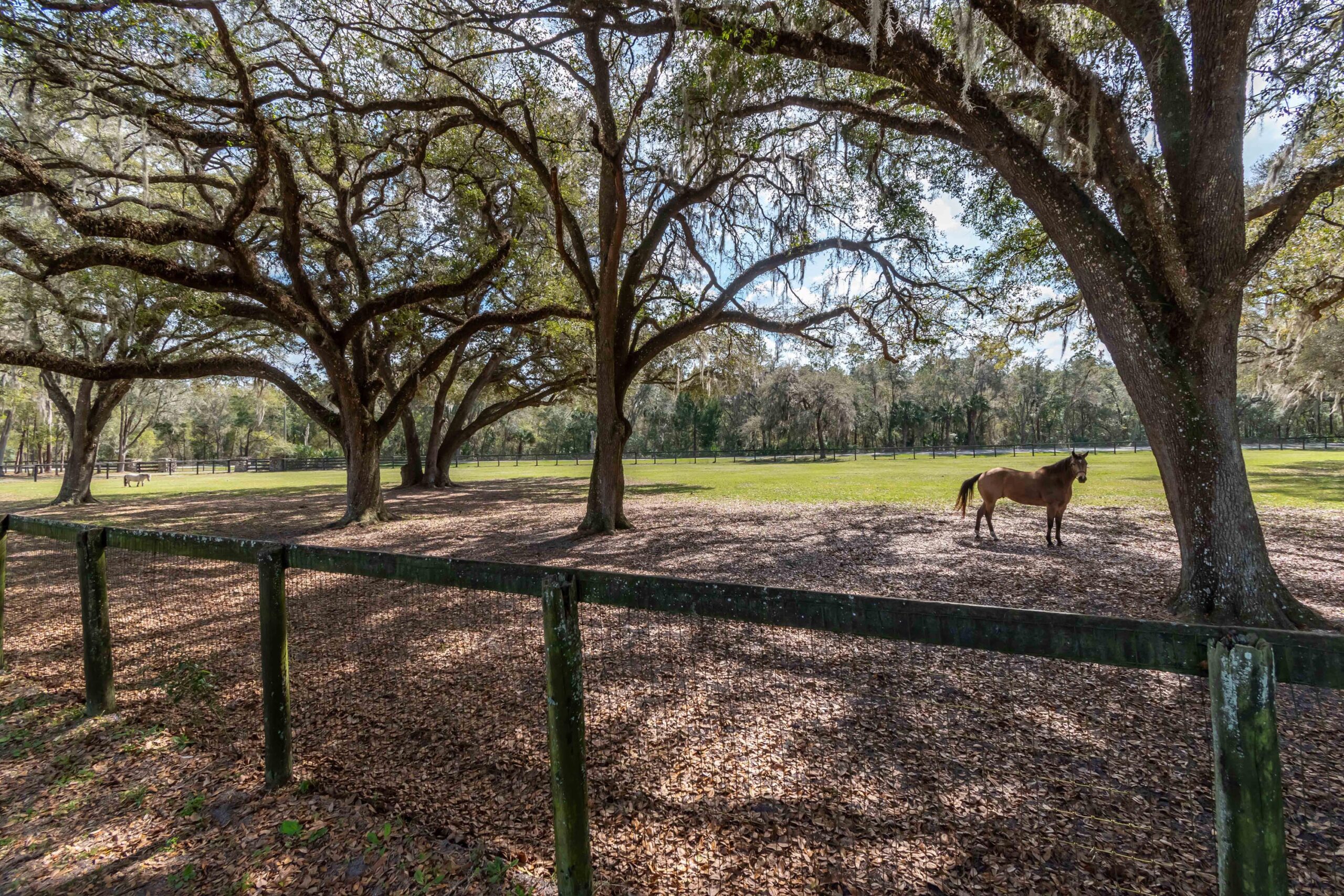
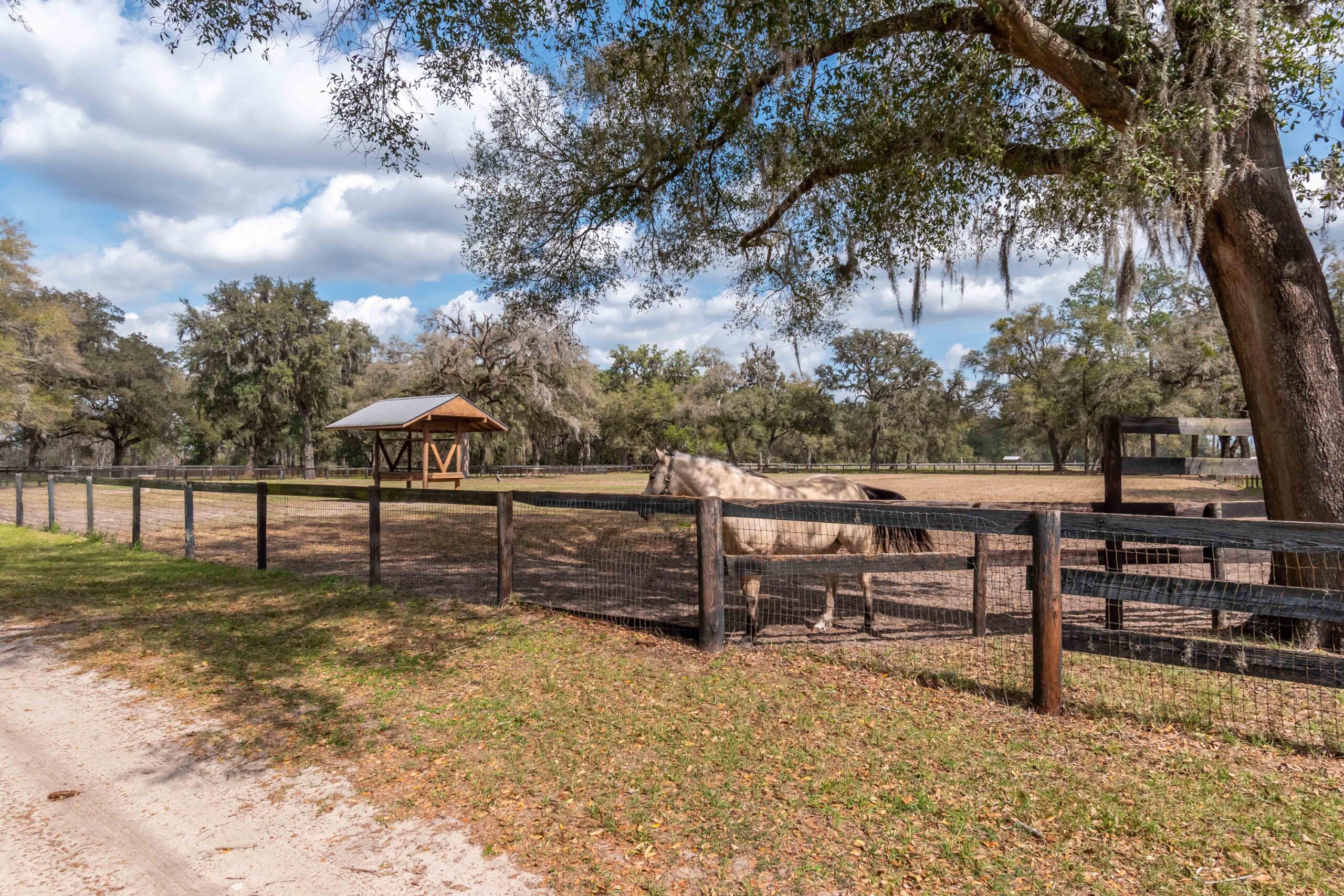
“He did that with nothing more than some hopes and dreams and a lot of courage,” Bryan Rice remembers. “His desire was to just learn and figure it out, feed his family, and also change his life doing something he enjoyed. Dad was passionate about what he wanted to do, and the courage it took to make that leap is what makes him special to me.”
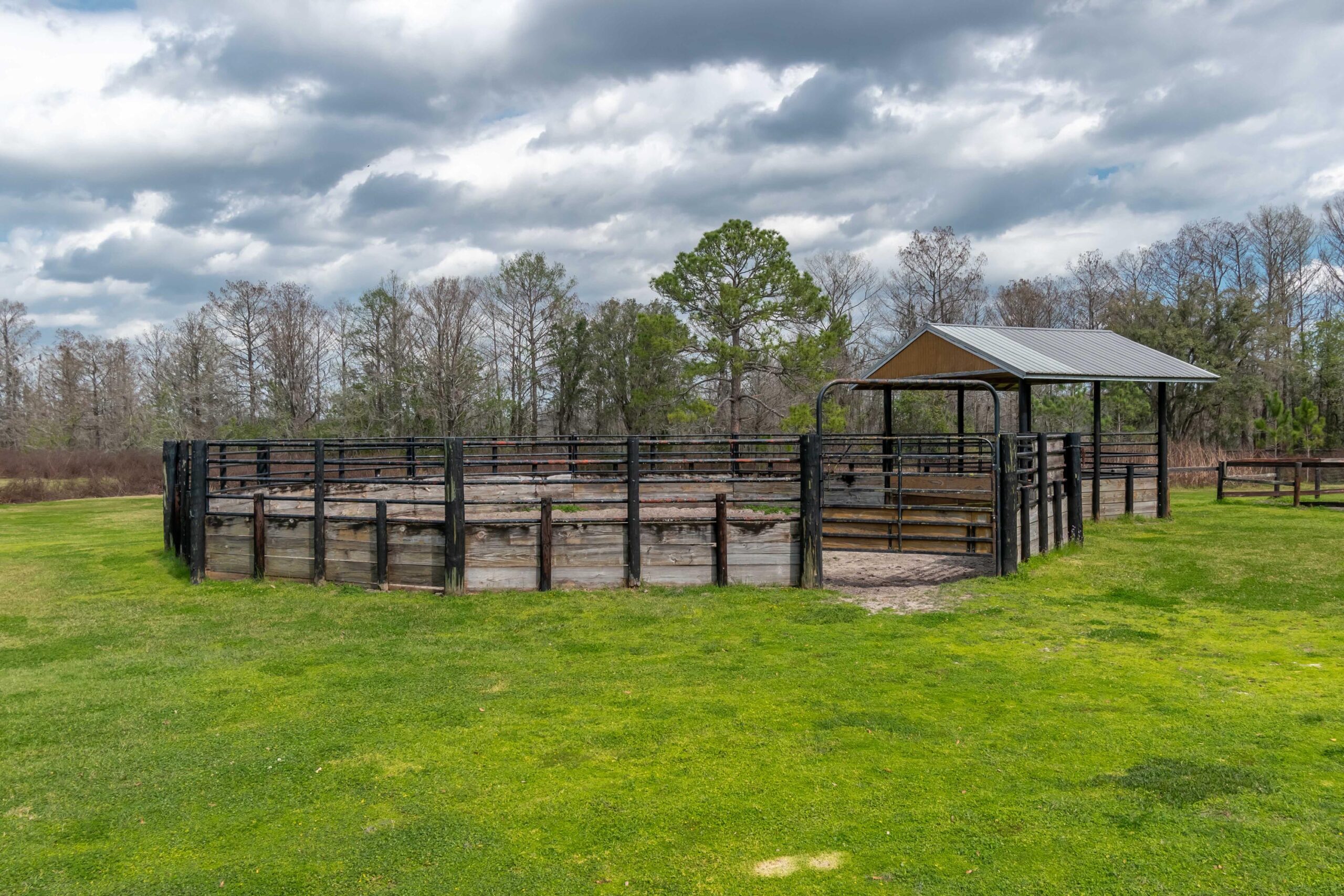
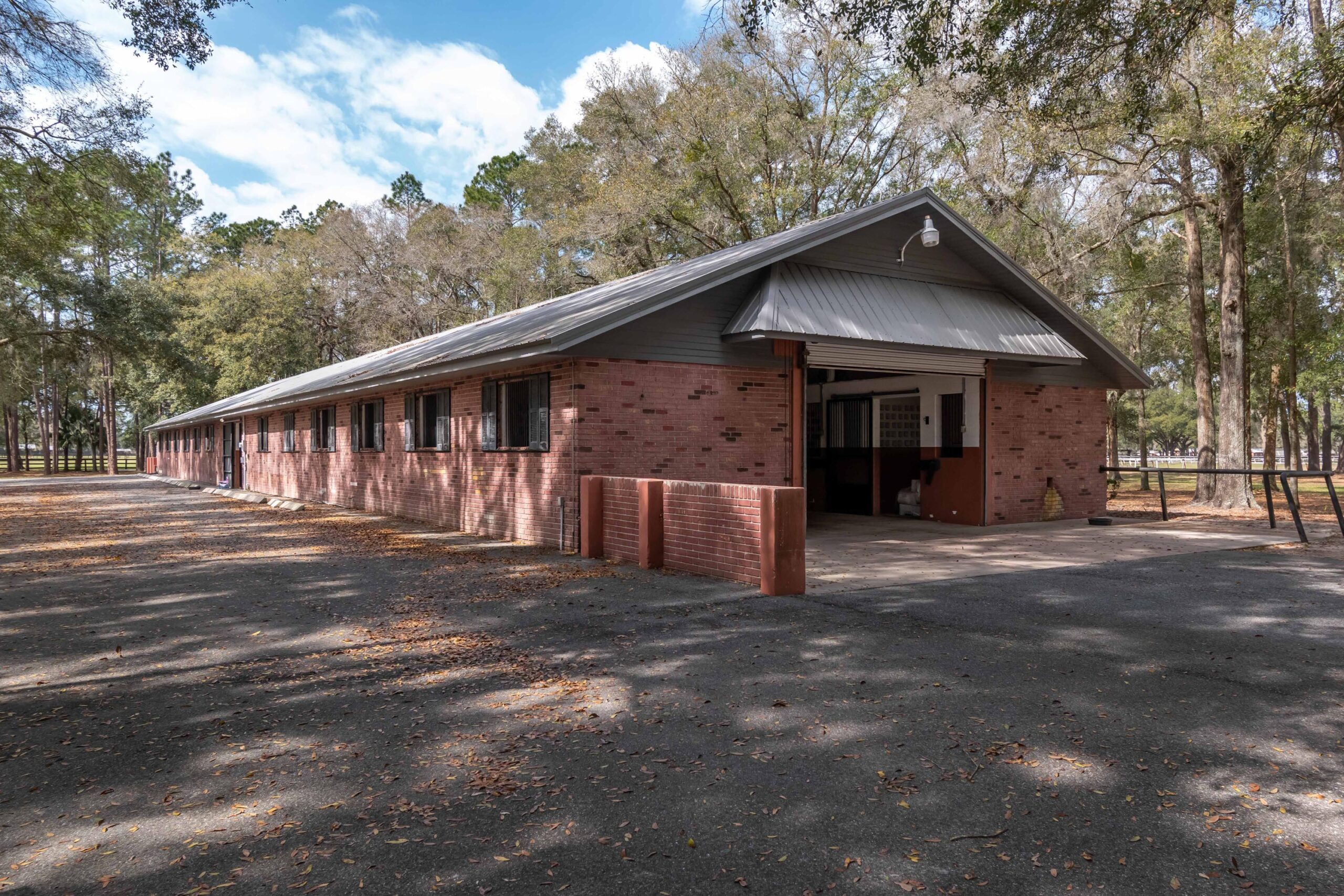
“There was no money or staff,” Bryan laughs. “We WERE the help. It was a family business, and we were all in on it from day one.”
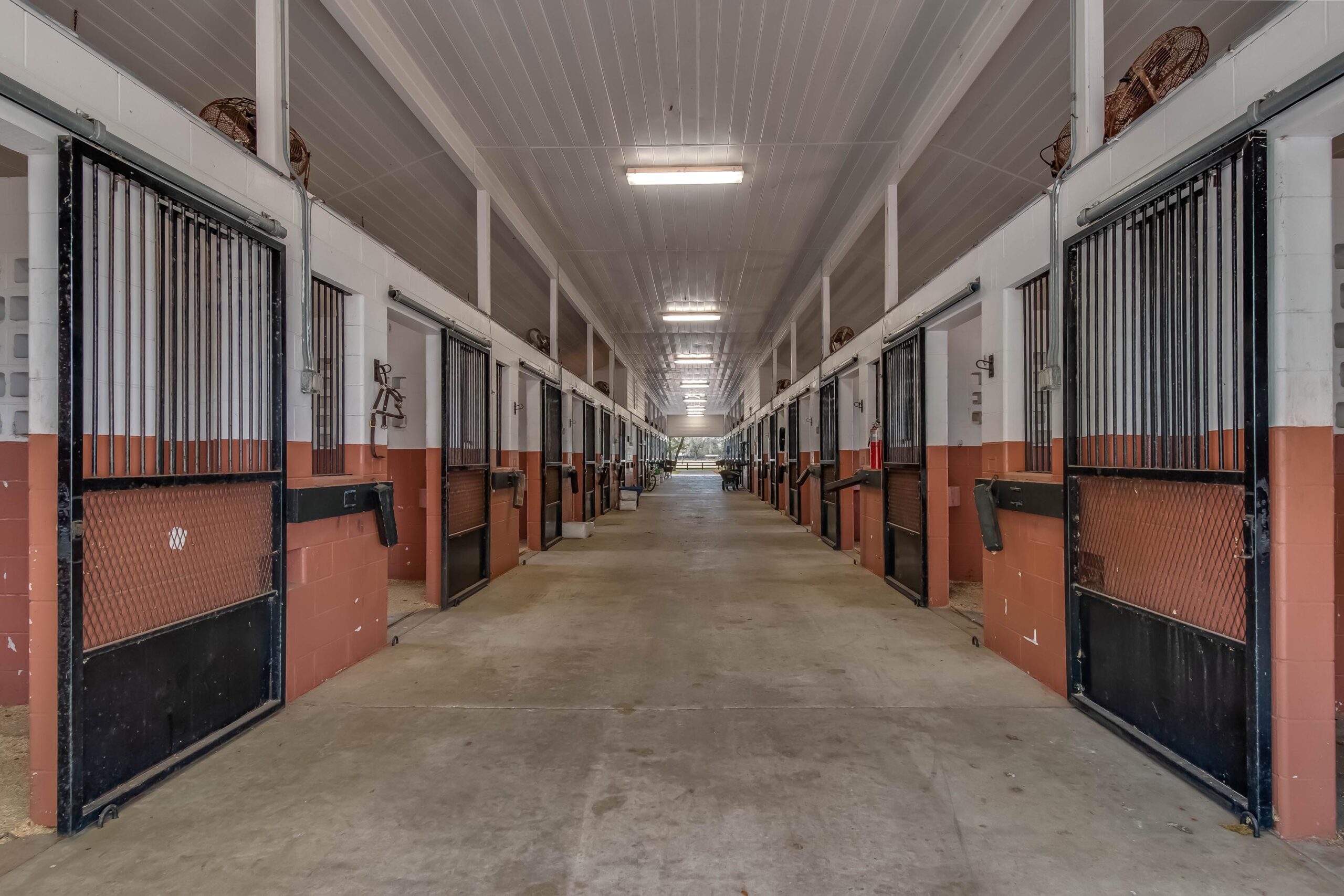
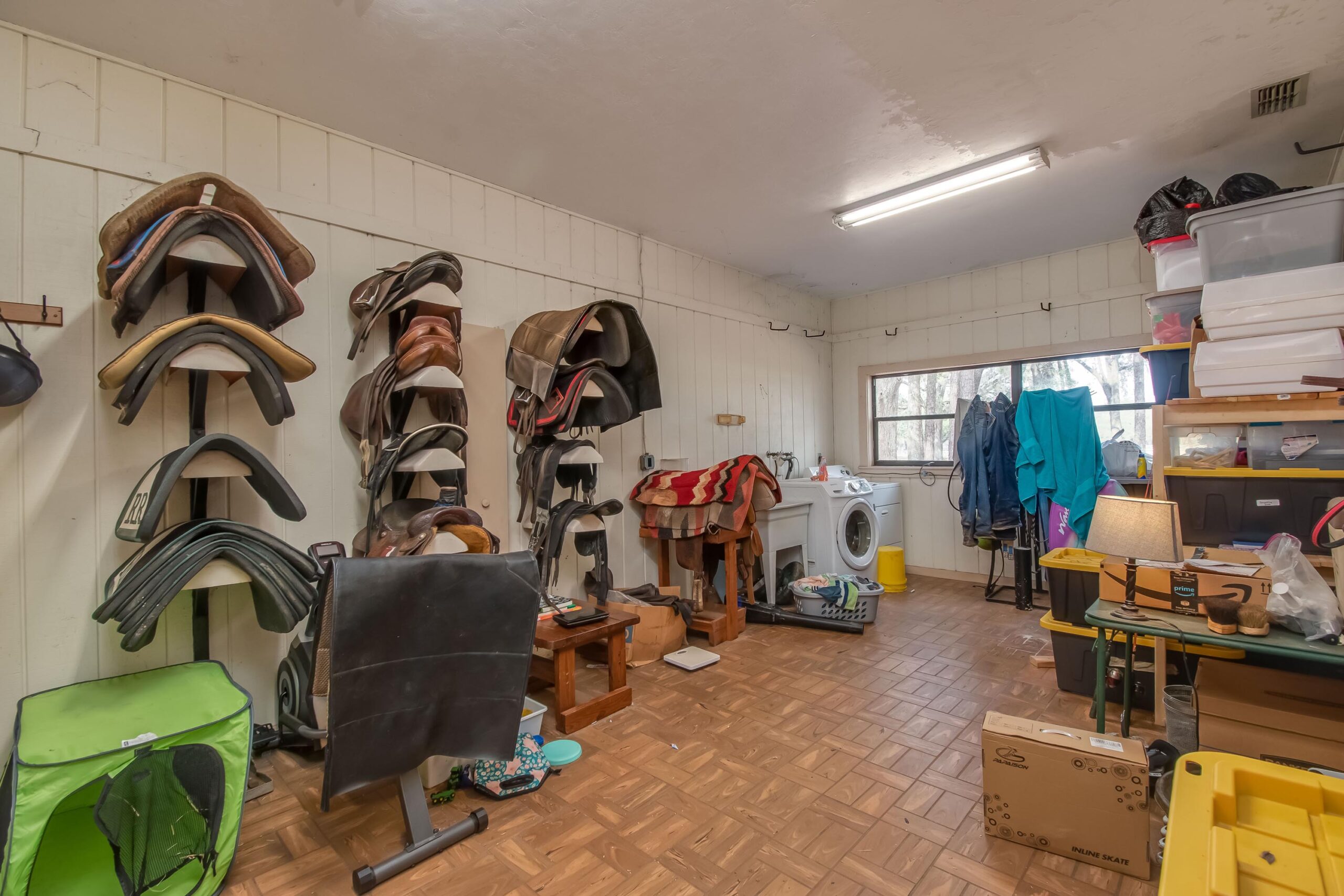
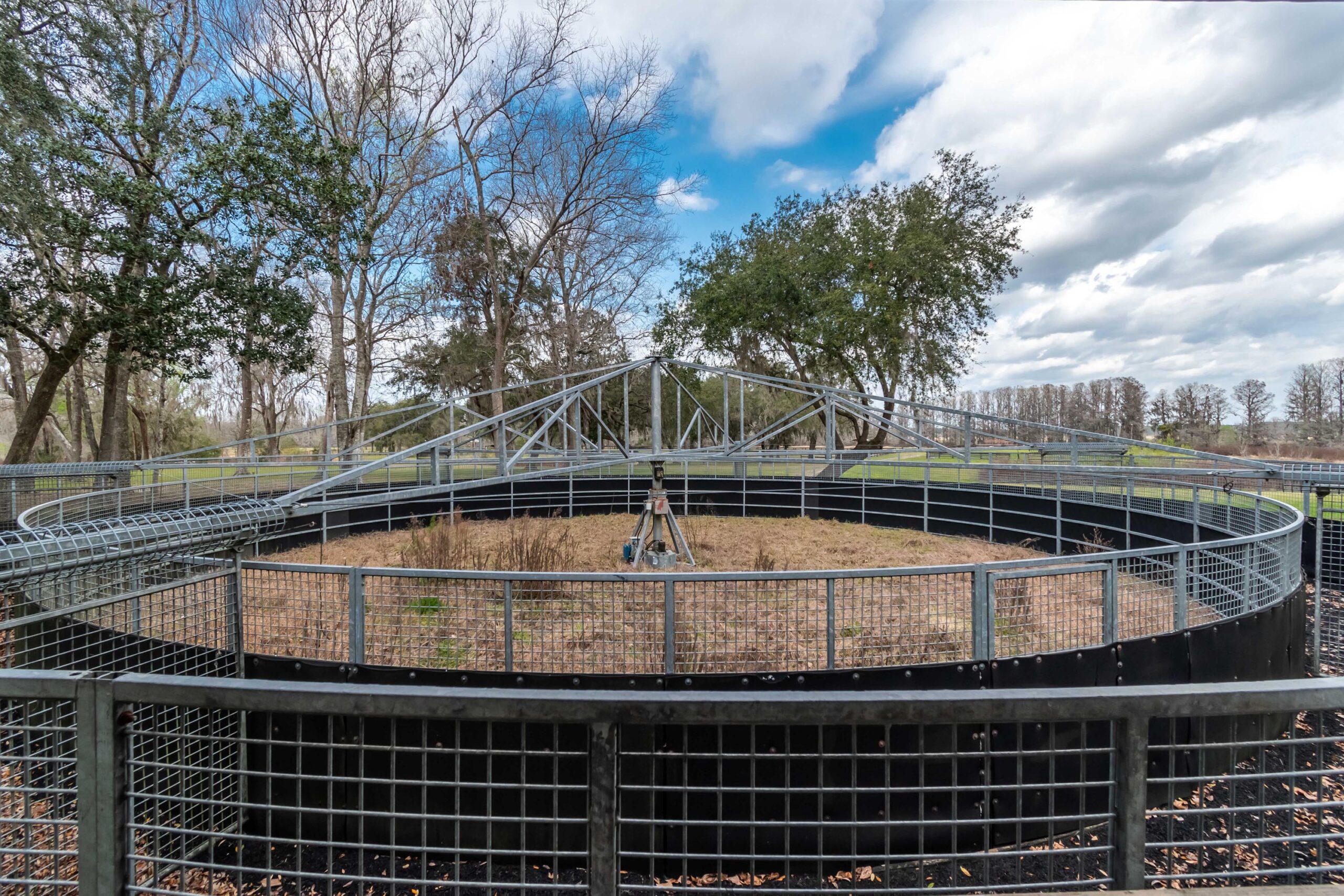
He wasn’t the first, or even the only one to do it. Pinhooking – buying a yearling and then selling it at a 2-year-old in training sale – was only just starting to evolve as a niche of its own in the 1980s. But Rice was the first one to really delve into it and develop it as a business methodology. He saw it as an opportunity to get in at the starting gate, as it were, and really develop a horse’s potential and talent from an early age and make them into champions. And the method worked.
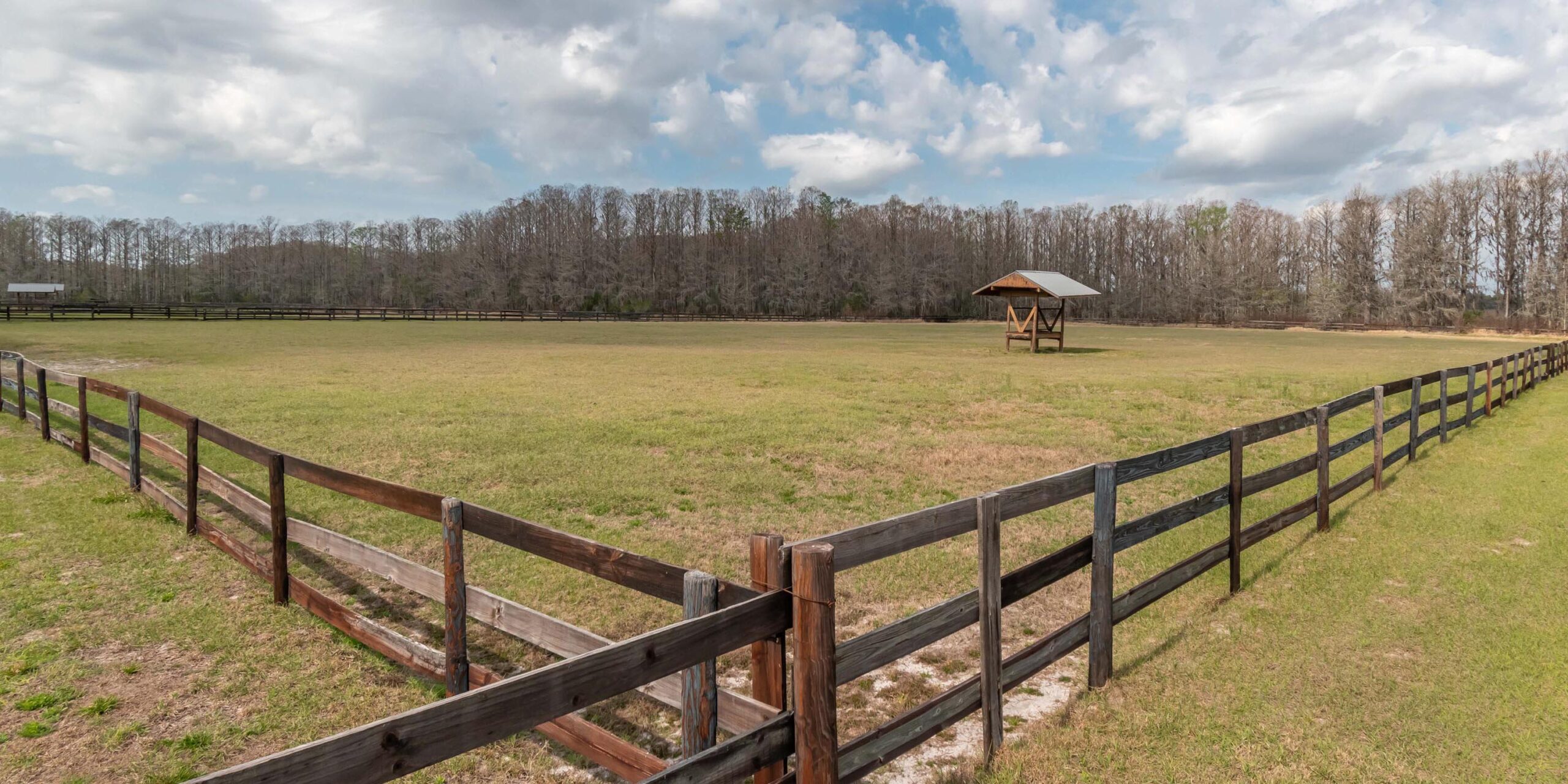
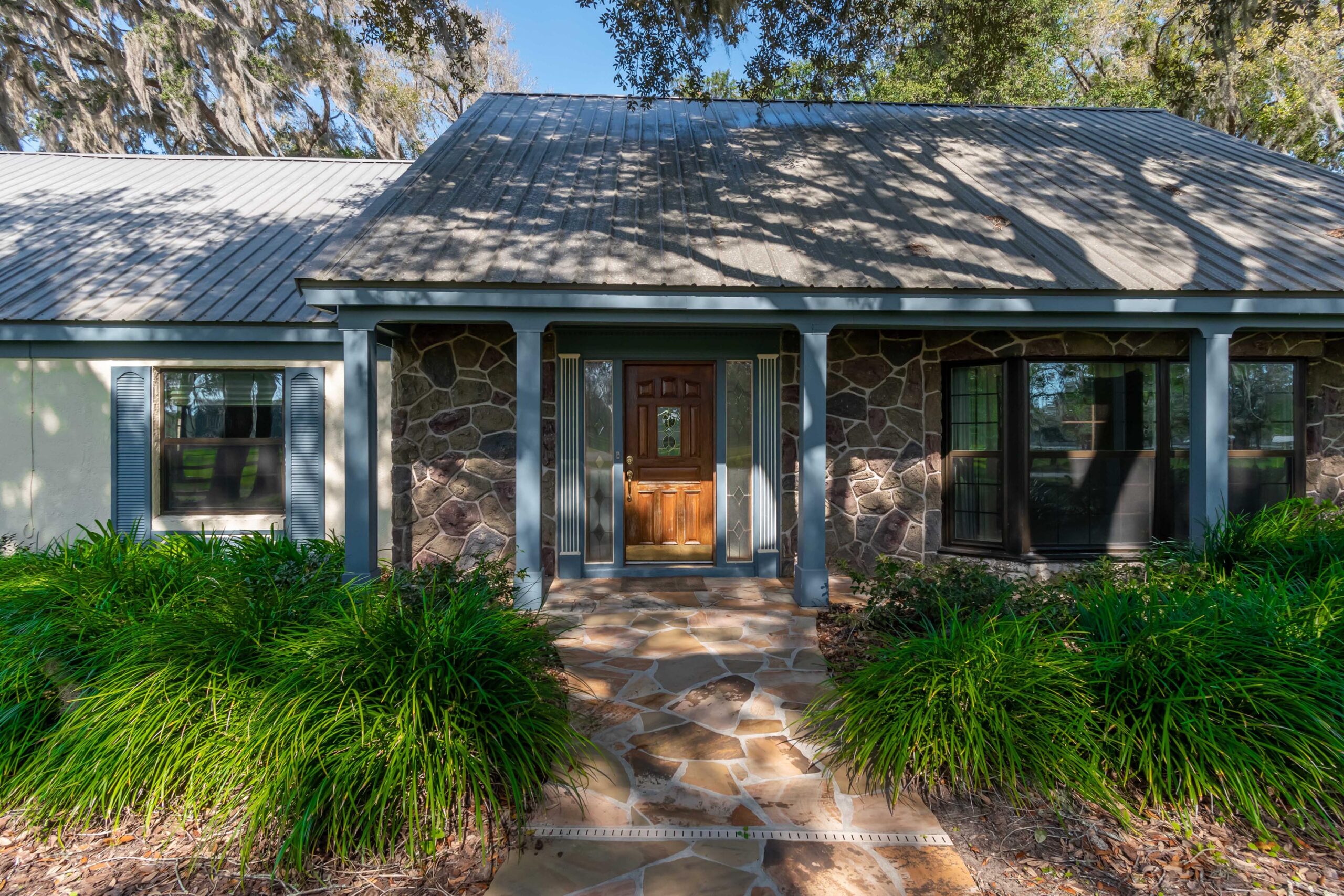
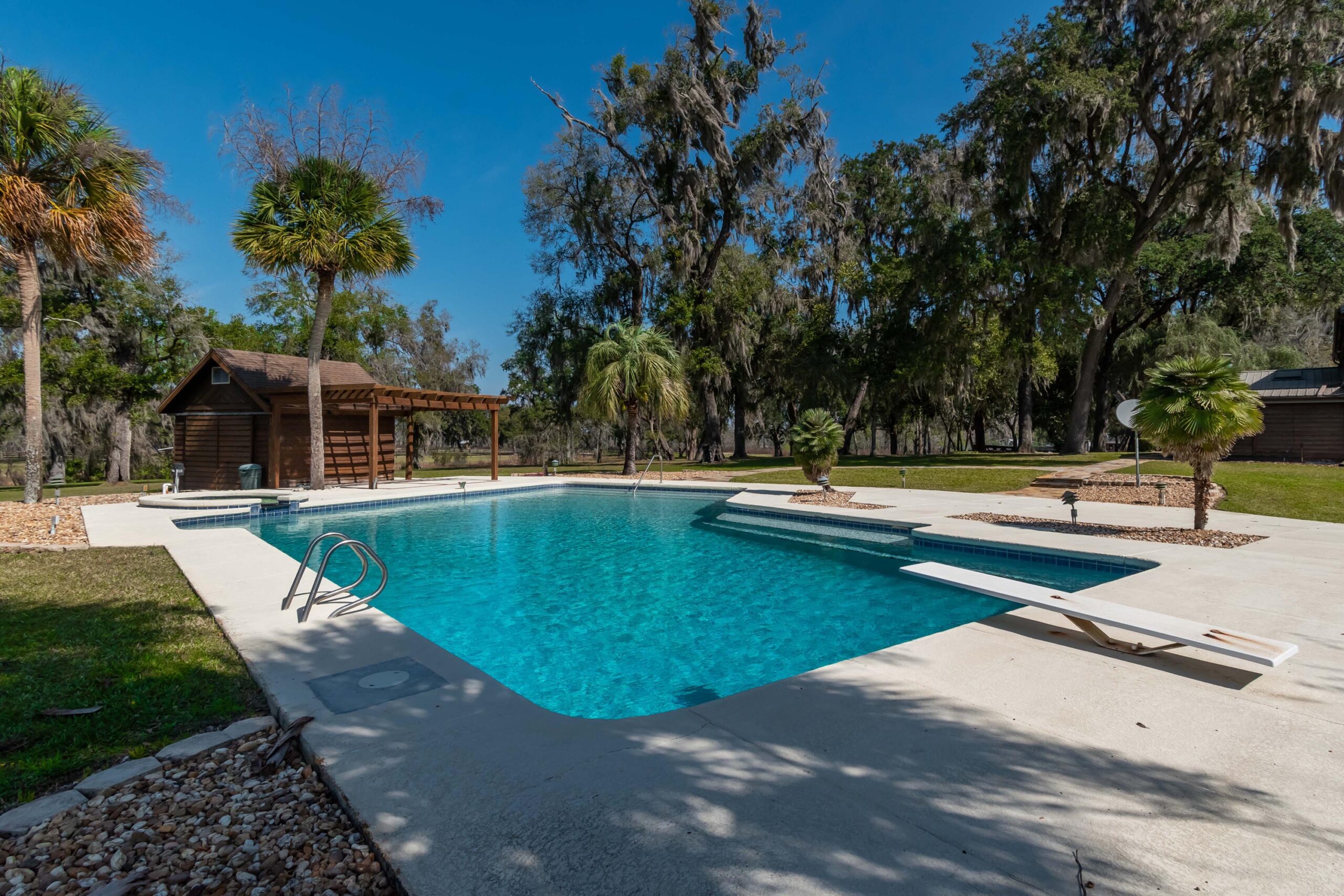
“We kind of discovered Ocala was a perfect fit for breaking and training young thoroughbreds. For one thing, the weather is a lot kinder,” explains Bryan. “It’s a lot easier when you can lean into the year-round warm weather and train straight through.”
It was a logical decision – but not an easy or a fast one, mind you. At the time, the family business was doing extremely well in Pennsylvania, and they were finally financially secure after years of sacrifice and hard work. They almost didn’t do it. But then they visited the property and looked across the fields. Clyde could see the immense potential for what he wanted to do. It just felt right.
“We spent 20 years traveling from Wisconsin to West Virginia to Pennsylvania, going to races across the country – but we were really just in search of Ocala,” Bryan says now. “When that property became available, that was just it. It was right for them and right for us – a home base where we could go between seasons or get away from the Northern winter. It was kind of a whole Brady Bunch moment for us.”
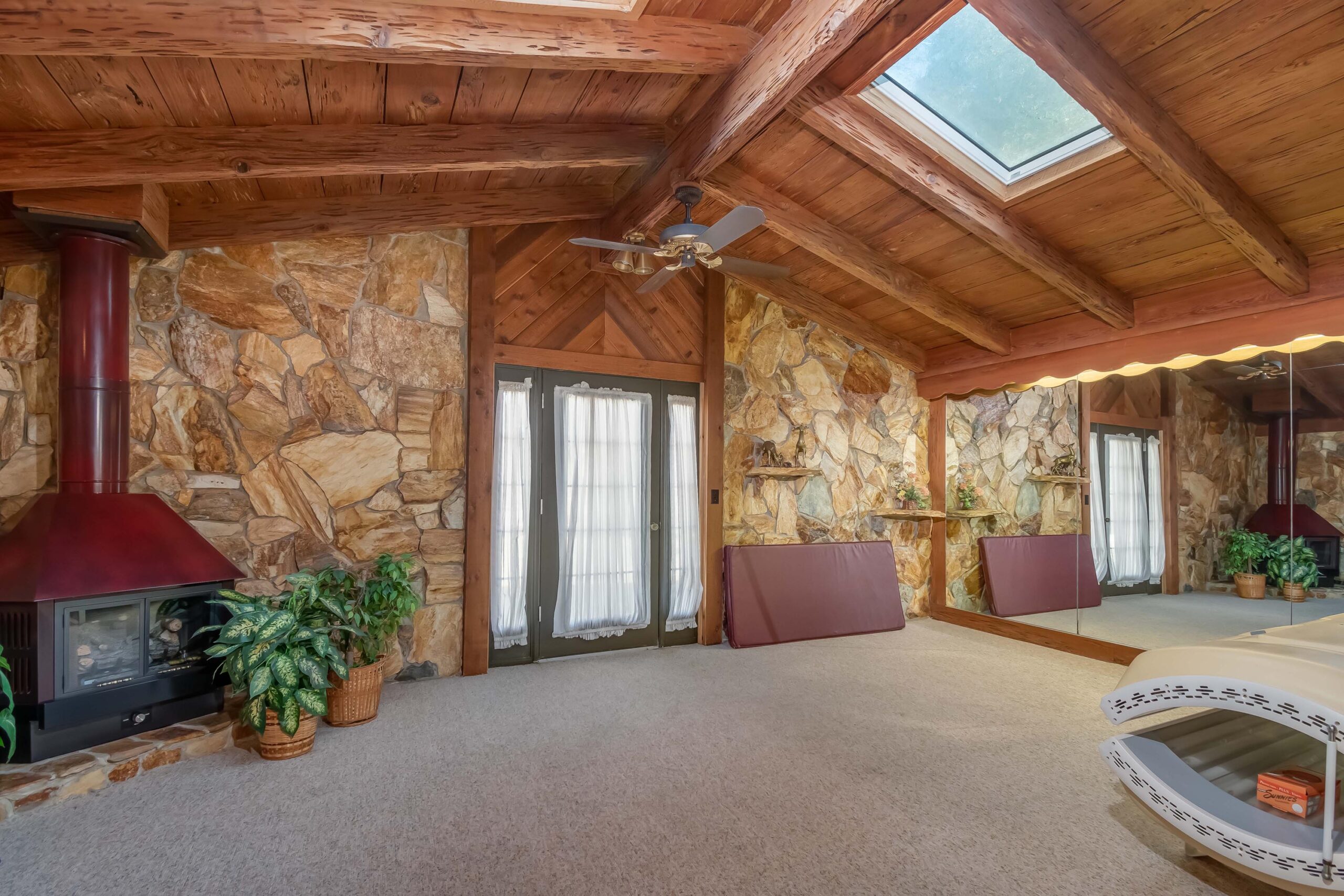
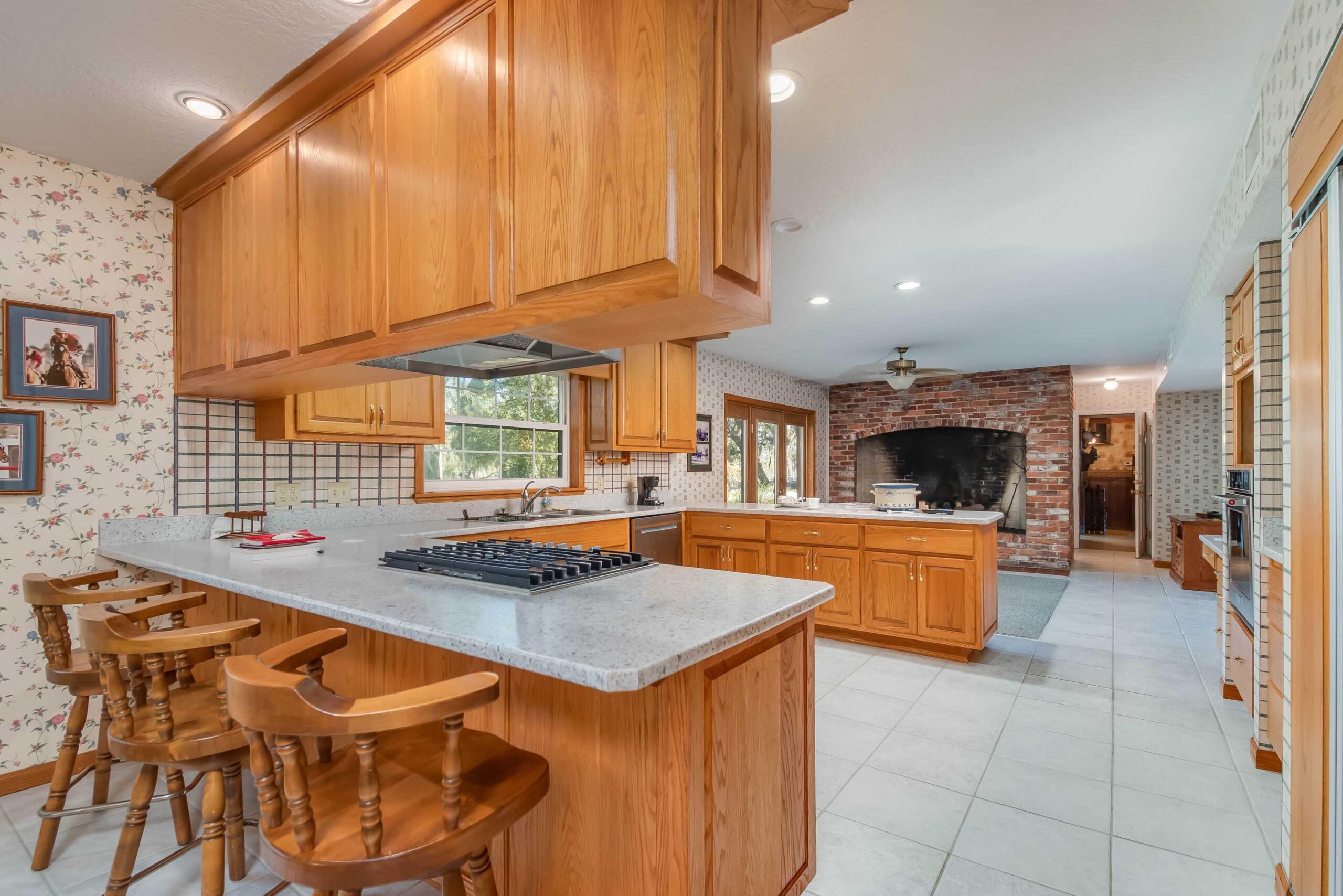
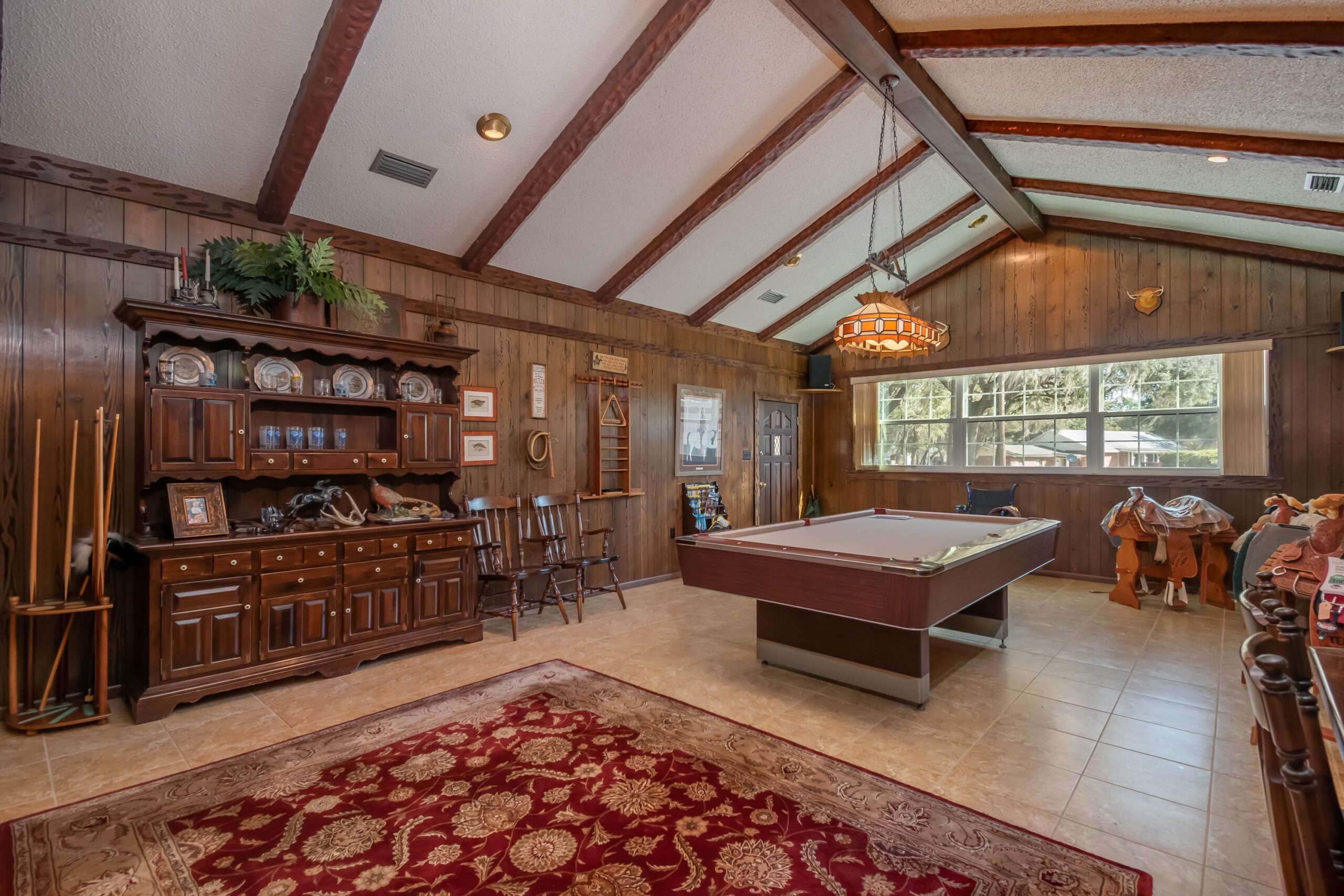
Spread across four parcels, the farm has four barns, including the large main training barn with a fly spray system, wash racks, and an office, a total of 24 stalls – plus large tack, feed, and equipment storage. There’s a eurocizer, two round training pens, a half-mile irrigated dirt track and starting gate for workouts, multiple paddocks and literally miles of hiking and riding trails. It’s a place that’s a haven for a horseman, with many areas to go and just be one with the horse. It became the lynchpin of the Rice legacy.
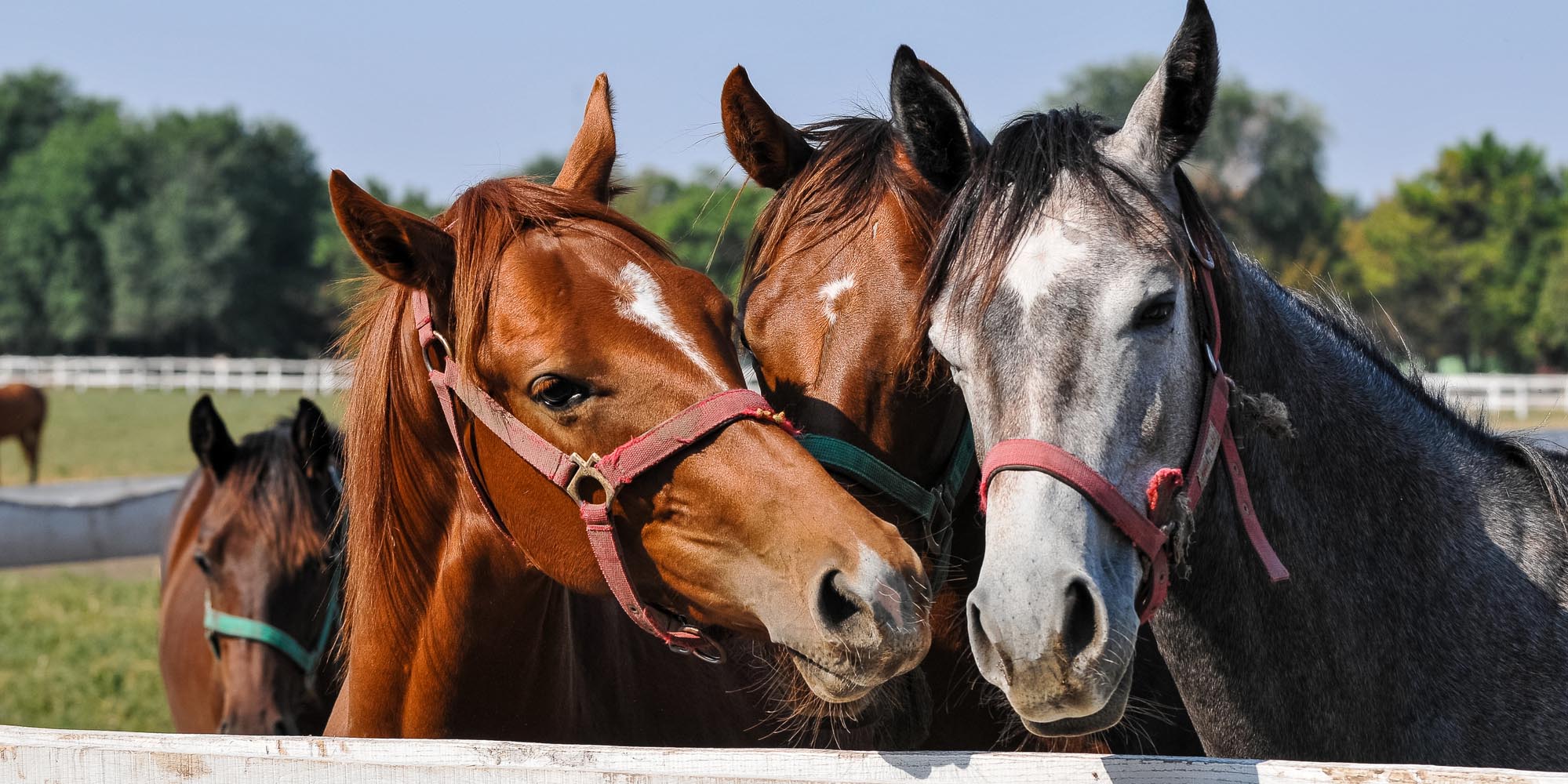
So respected was his eye for a horse that even his contemporaries didn’t question it. Hall of Fame conditioner D. Wayne Lukas was a childhood friend – and no slouch himself when it came to knowing a thing or two about equines.
“Clyde had a beautiful eye for a horse,” Lukas once remarked about his old friend.
The two men would frequently travel together or meet up at livestock auctions around the country, comparing notes and advice. Bryan recalls one such occasion when he was accompanying his father, who noticed a particular prospect he thought Lukas should buy. He sent his son running to find their friend, who was on another part of the grounds.
“Mr. Lukas was a busy guy, so he couldn’t always see everyone or every horse,” Bryan remembers. “When I found him, I said, ‘Dad thinks this is the horse you should have’,and he didn’t even think twice. He knew he better get that horse gathered – and he did.”
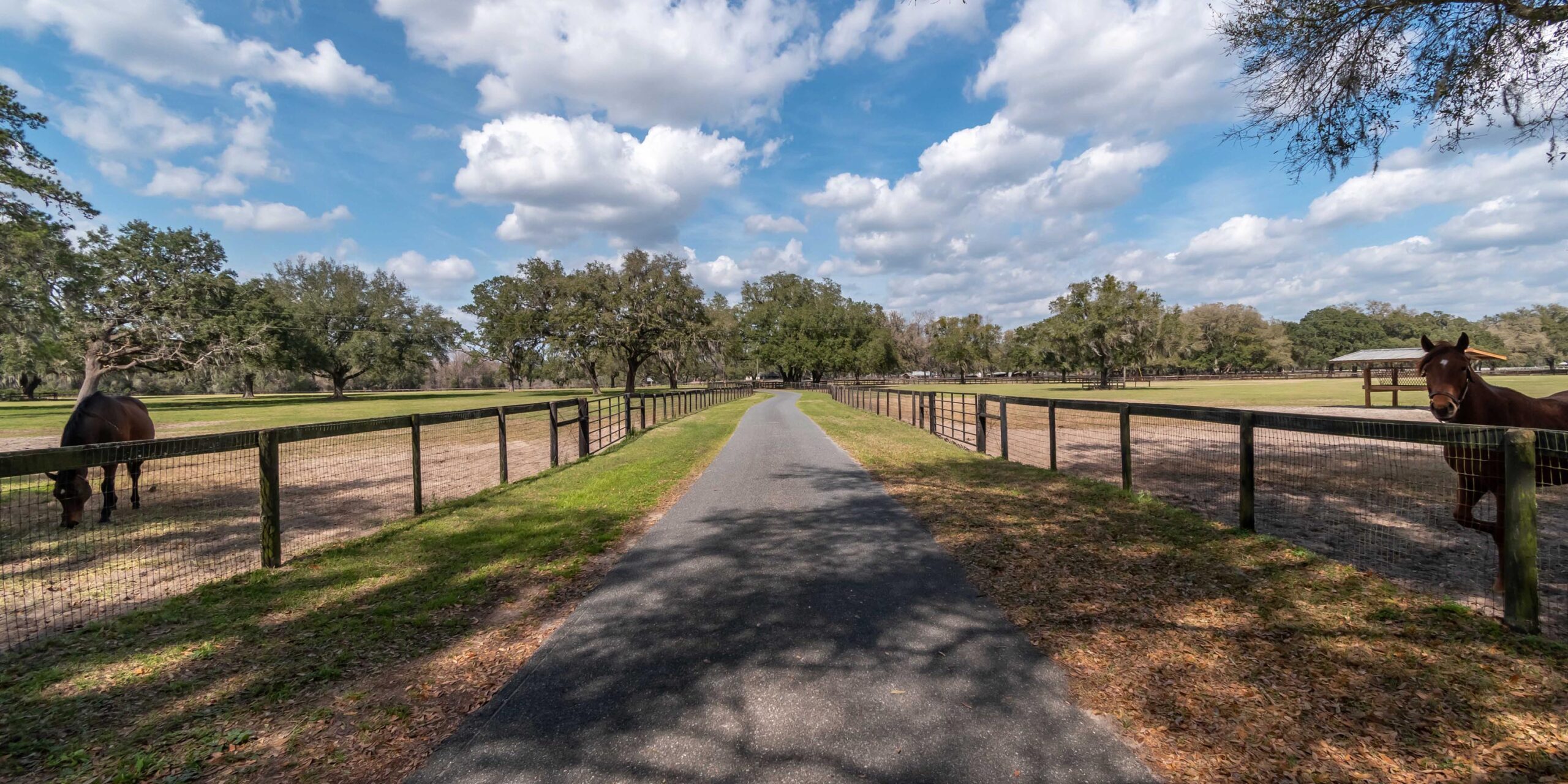
“He loved it when he’d see that twinkle in the horse’s eyes and knew the animal just got it. It was the best part of the work for him, to see that click, that lightbulb go on.” Bryan says. It was fun to watch.
The farm was the perfect environment where he could really work with them – surrounded by woods and prairie, where it would stay that way for years to come.
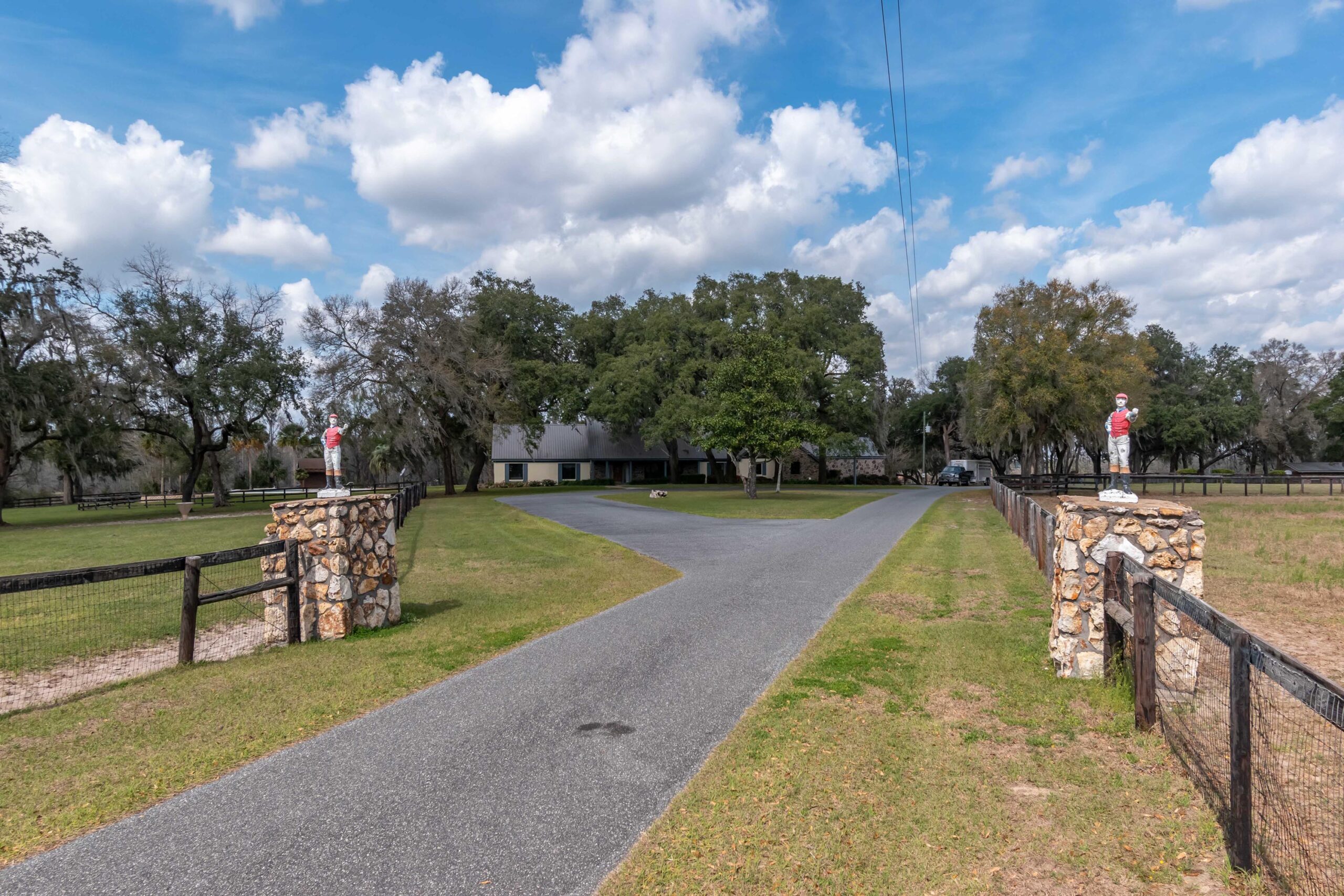
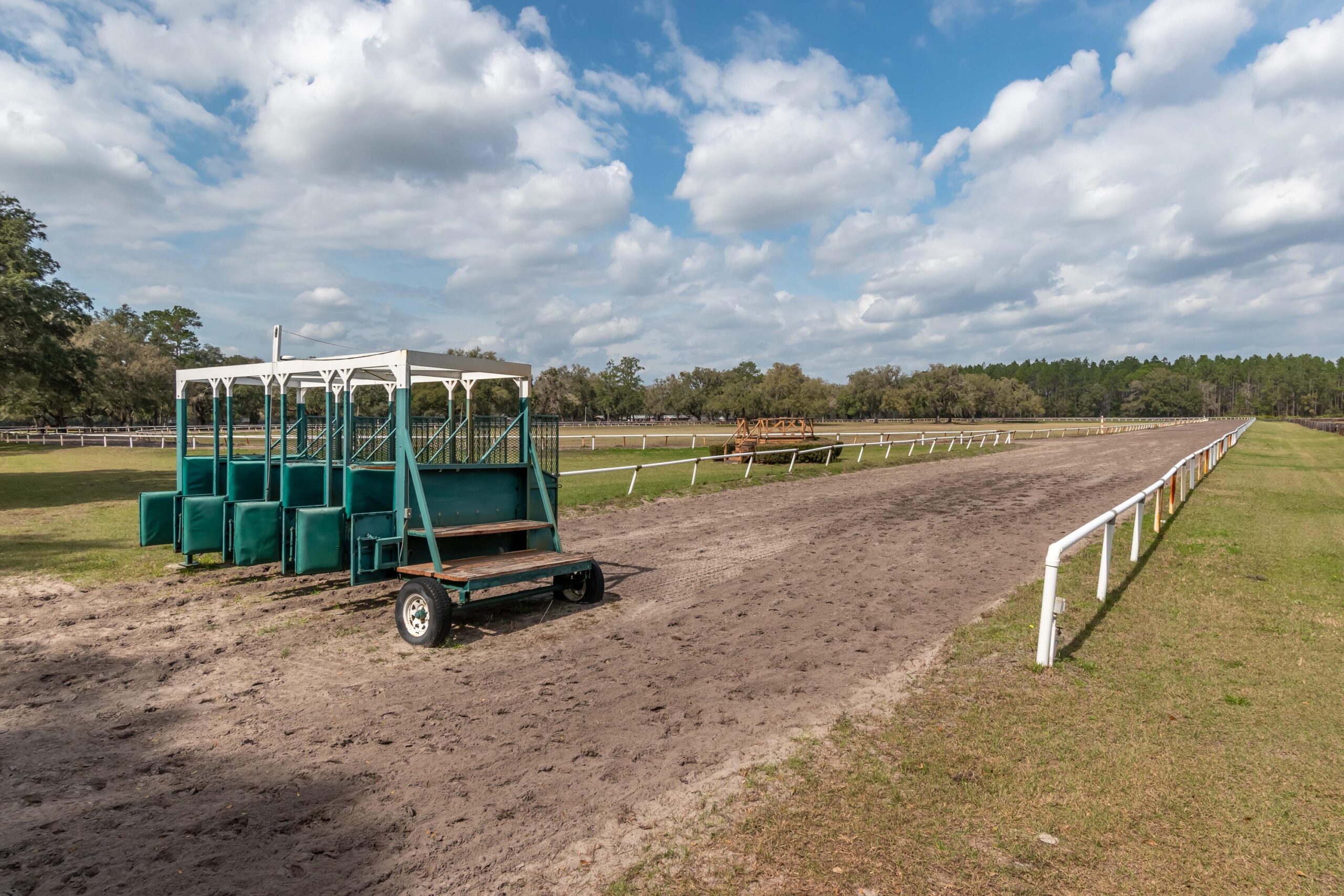
When Rice passed away in 2017 at age 79, his children had already long since established their own careers: Sons Curt and Wayne are top competitive jockeys and trainers. Bryan, a trainer, and his wife Holley, a jockey, established Woodside Ranch as a training and pinhooking operation. Clyde’s daughter Linda is, in Bryan’s words, ‘the family star’. She is arguably one of the most successful race-winning trainers in the business and her father’s true protege.
“She’s just amazing.” Bryan interjects. “Dad was so supportive and helped get her feet pointed in the right direction, but the rest of it she did all on her own. We’re all so proud of her.”
Jean remained at the farm for several years after Clyde’s passing, eventually deciding it was time to sell.
She had a wonderful perspective: “This farm has been our love story, and now it’s time for someone else’s. There’s no need to cling to the past. We had our story, our children have their own to write, and it’s time for the farm to begin a new story.”
What’s at Indian Prairie Ranch is beauty and privacy; it’s far from chaos and noise, and is a truly special place with many more stories to tell.
Jean is excited to see what another family is going to build there.
Please contact Showcase Agent Beckie Cantrell for inquiries or to arrange a tour.
Ready to Visit Indian Prairie Ranch?
Ready to Visit Indian Prairie Ranch?
Beckie Cantrell
REALTOR® Showcase Properties of Central Florida
Learn about other Iconic Horse Farms in Ocala
Iconic Horse Farms | Shade Tree Farm
Shade Tree Farm : Moving into a New ChapterWritten by Cynthia McFarlandOcala didn't become Horse Capital of the World® overnight. It took the steadfast efforts of dedicated horsemen decades to establish this area as a proven site for breeding, raising and training...
Iconic Horse Farms | Cashel Stud
Cashel Stud: Then and NowWritten by Cynthia McFarlandOcala didn't become Horse Capital of the World® overnight. It took the steadfast efforts of dedicated horsemen decades to establish this area as a proven site for breeding, raising and training successful horses....
Iconic Horse Farms | Winding Oaks Farm
Winding Oaks Farm: Then and NowWritten by Cynthia McFarlandOcala didn't become Horse Capital of the World® overnight. It took the steadfast efforts of dedicated horsemen over decades to establish this area as a proven site for breeding, raising and training successful...
